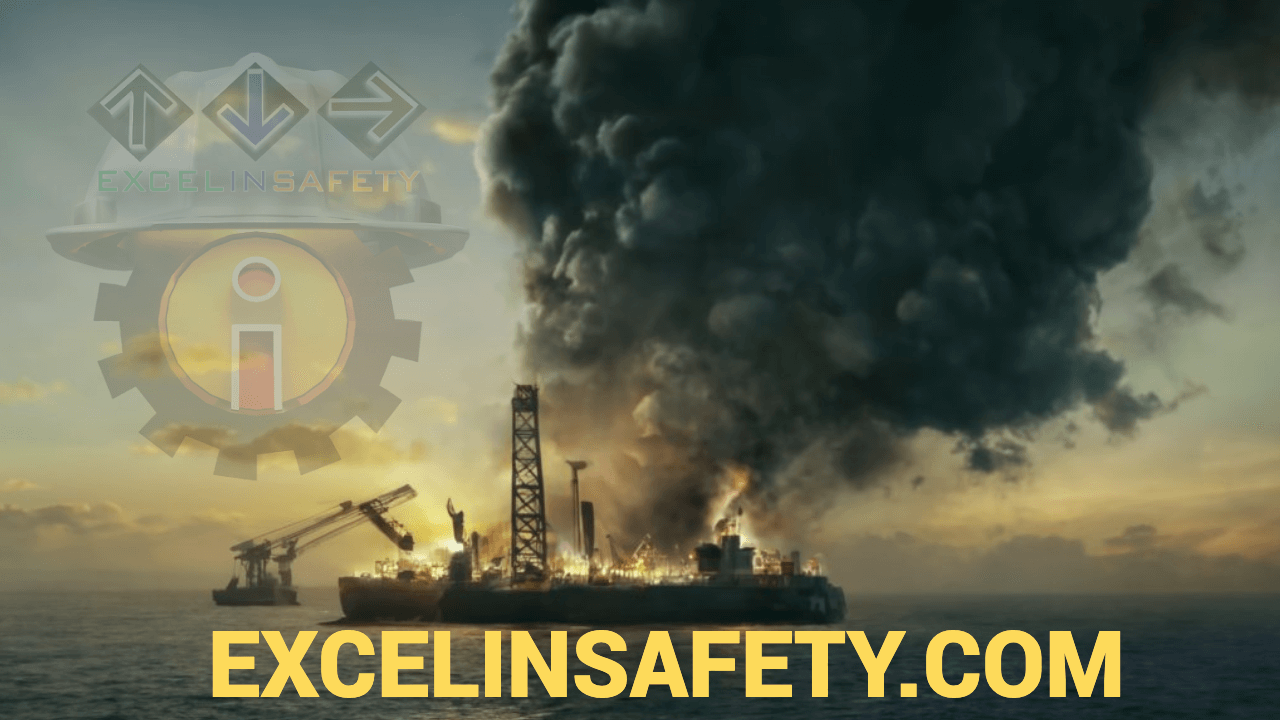The 2010 Deepwater Horizon oil rig explosion, which resulted in the largest marine oil spill in history, stands as a stark reminder of the devastating consequences that can arise from disregarding safety protocols and prioritizing profits over human life. Peter Berg’s 2016 film, “Deepwater Horizon,” captures the harrowing events of the disaster, offering a gripping account of the human cost and the systemic failures that led to the catastrophe.
Safety Failures and Cost-Cutting Measures
The film vividly portrays the culture of cost-cutting and corner-cutting that permeated the Deepwater Horizon project. BP, the oil company responsible for the rig, had a history of safety violations, and their relentless focus on reducing costs often came at the expense of safety measures.
One of the most significant safety failures highlighted in the film was the decision to use less expensive cement to seal the well. This decision ultimately led to the failure of the cement seal, allowing methane gas to escape and ignite the explosion.
The film also exposes the pressure that workers faced to complete tasks quickly and cheaply, even when it meant cutting corners or ignoring safety protocols. This pressure was exacerbated by BP’s incentive program, which rewarded employees for meeting production targets, regardless of safety concerns.
Human Resilience in the Face of Disaster
Despite the catastrophic failure of safety protocols, the film also demonstrates the incredible resilience of the Deepwater Horizon crew. When the explosion occurred, the workers faced a terrifying situation with limited time to escape.
Mark Wahlberg portrays Mike Williams, the rig’s electronic technician supervisor, who emerges as a heroic figure, leading his team to safety and working tirelessly to contain the disaster. The film also highlights the courage and sacrifice of the Coast Guard rescue teams, who risked their lives to save the rig workers.
Impact on Workers and the Environment
The Deepwater Horizon disaster had a profound impact on the lives of the workers, their families, and the environment. Eleven workers lost their lives in the explosion, and many others suffered severe injuries, both physical and psychological.
The environmental impact of the spill was devastating, with millions of gallons of oil released into the Gulf of Mexico, causing widespread damage to marine life and coastal ecosystems. The cleanup efforts took years to complete, and the full extent of the environmental damage is still being assessed.
Lessons Learned from the Tragedy
The Deepwater Horizon disaster serves as a stark reminder of the importance of safety in the oil and gas industry. It highlights the need for companies to prioritize safety over profits, to provide workers with proper training and equipment, and to foster a culture of safety awareness.
The disaster also underscores the importance of environmental protection and the need for stricter regulations to prevent similar catastrophes in the future. The Deepwater Horizon explosion should serve as a wake-up call for the oil and gas industry and for policymakers to prioritize safety and environmental protection over short-term profits.
“Deepwater Horizon” is more than just a disaster movie; it is a powerful indictment of corporate greed and a tribute to the courage and resilience of the workers who faced unimaginable danger. The film serves as a reminder of the importance of safety and environmental protection, and it should continue to spark important conversations about these critical issues.
If you did not understand the terms this page from safety terminologies will help you. Cheers!
The information presented in this article is based on publicly available sources, including the film “Deepwater Horizon,” news reports, and government documents. While every effort has been made to ensure the accuracy of the information, there is always a possibility of error. The author does not claim to be an expert on the Deepwater Horizon disaster and encourages readers to conduct their own research to verify the information presented.
This article is not intended to provide legal or financial advice. If you have any questions or concerns, please consult with a qualified professional.








Leave a Reply
You must be logged in to post a comment.